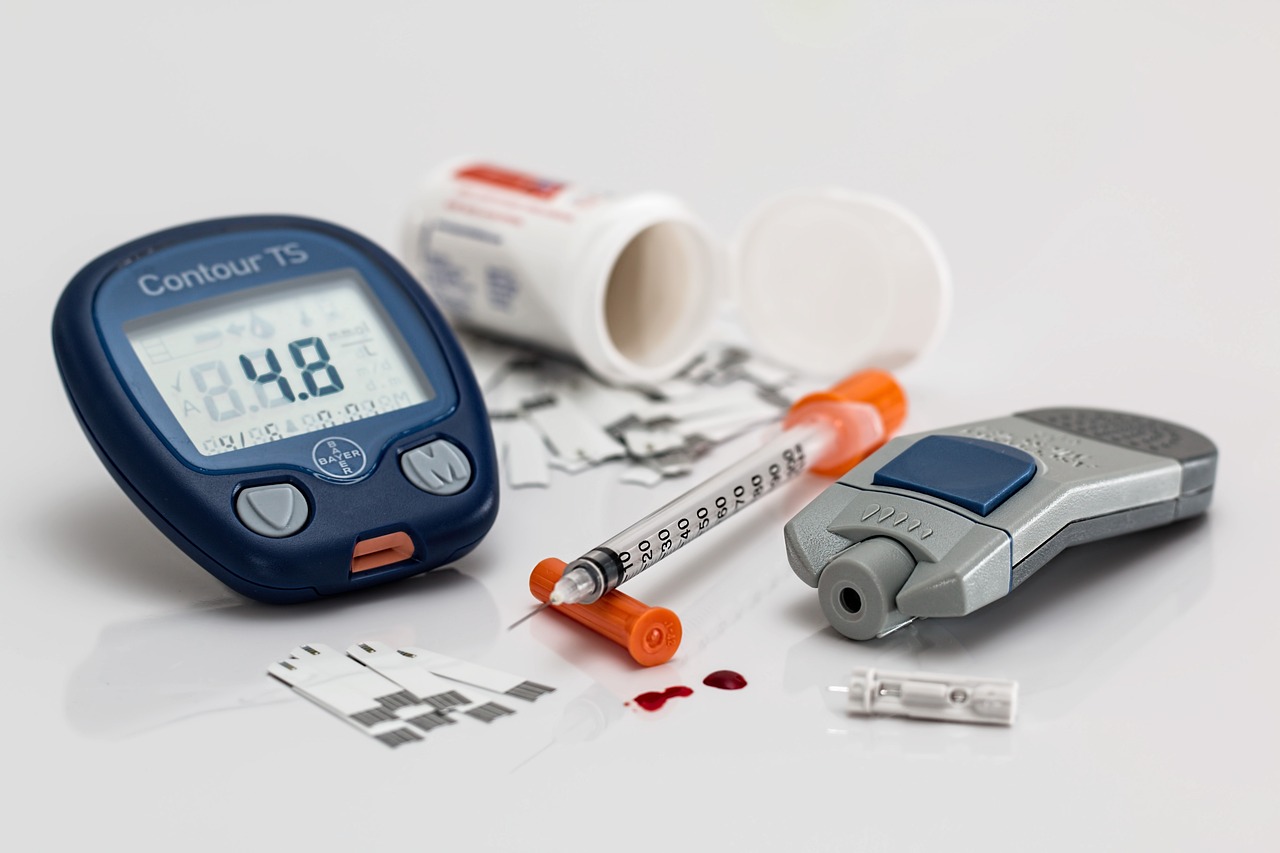This week, two studies were published that raised concerns about the artificial sweetener aspartame and its probable connection to liver cancer. After the WHO concluded that most “non-sugar sweeteners” did not help with weight control in the long run and even posed health hazards, including type 2 diabetes, heart disease, and even death, this shift in policy was inevitable.
Which artificial sweeteners should we avoid?
The World Health Organisation has declared that virtually all forms of sweeteners, both synthetic (like aspartame and saccharin) and natural (like stevia), pose health risks. However, sugar alcohol-based sweeteners, also known as polyols, were excluded from the evaluation since they are not considered “non-sugar sweeteners.”
Is there any more danger in using aspartame?
Aspartame’s safety has been the subject of contrasting studies. The International Agency for Research on Cancer (IARC) of the World Health Organisation has labelled aspartame as “possibly carcinogenic” due to scant evidence linking it to liver cancer. However, a second assessment from the Joint Expert Committee on Food Additives of the Food and Agriculture Organisation and the World Health Organisation found no cause to revise its existing guidelines on aspartame intake. Aspartame may be safely consumed at doses up to 40 milligrammes per kilogramme of body weight, which for a 70-kilogram person would be the equivalent of drinking 14 cans of diet soda per day.

Is it safer to not consume any sweets at all?
Since eating too much sugar can increase the risk of health problems including obesity, diabetes, and heart disease, scientists have developed artificial sweeteners to be used in foods and drinks. However, there is conflicting data to back up this approach. Some short-term studies have demonstrated that children who consume beverages with sweeteners rather than those with added sugar gain less weight than those who do not make this switch. Higher incidences of diabetes and heart disease have been linked to sweetener usage in population studies, however this may be because those with higher body mass indexes are more prone to consume sweets. According to the World Health Organisation, artificial sweeteners are not effective in the long run for weight management.
How do we deal with diabetes management?
Because no studies including people with diabetes were included in the evaluation, the WHO’s recommendations cannot be applied to this group. But to keep their blood sugar levels under control, persons with type 2 diabetes should cut less on sweets.

Do artificial sweeteners raise any other safety concerns?
Based on limited trials in people or animals, some research has raised concerns about the safety of several sweeteners. The popular polyol sweetener erythritol may induce blood clotting, while early data shows that saccharin and sucralose may increase blood sugar levels. However, the WHO’s investigation did not cover these worries. Despite these results, most nations’ official health advice continues to suggest using artificial sweeteners instead of sugar.
Do the experts all agree that we should cut less on sugary drinks?
The academic community is divided. Despite the World Health Organization’s warnings, some professionals continue to advocate for the usage of sugar substitutes. They imply that the WHO’s advice would have been different if it had recognised the possible benefits of non-sugar sweeteners in promoting weight loss in the short term.
It may be difficult to avoid sweeteners altogether because so many common meals and drinks already contain them. Countries with “sugar taxes” have seen an increase in the usage of artificial sweeteners because of this. Although water is recommended, some experts suggest that selecting a soft drink with less sugar and more sweeteners is preferable.
The following step…
The World Health Organization’s findings may have an impact on national policy even if governments are under no obligation to implement the recommendations. The WHO calls these suggestions “conditional,” which means that various nations may take different approaches to implementing them, based on how confident they are in the data. Disagreements and arguments may arise if certain countries chose to ignore the WHO standards altogether.
FAQs:
Question 1: Which artificial sweeteners should be avoided due to health risks?
Answer: The World Health Organisation warns that virtually all forms of sweeteners, both synthetic (like aspartame and saccharin) and natural (like stevia), pose health risks. However, sugar alcohol-based sweeteners (polyols) were excluded from the evaluation and are not considered “non-sugar sweeteners.”
Question 2: Is aspartame safe to consume, and what are the contrasting studies about its health effects?
Answer: Aspartame’s safety has been the subject of contrasting studies. The IARC labeled aspartame as “possibly carcinogenic” due to limited evidence linking it to liver cancer. However, the Joint Expert Committee on Food Additives found no reason to revise its guidelines, stating that aspartame is safe at certain doses.
Question 3: Do artificial sweeteners help in long-term weight management?
Answer: According to the World Health Organisation, artificial sweeteners are not effective in the long run for weight management. While short-term studies show some benefits in weight gain reduction, population studies have linked sweetener usage to higher incidences of diabetes and heart disease.
Question 4: How should diabetes management consider sweetener consumption?
Answer: The WHO’s recommendations on sweeteners do not directly apply to people with diabetes, as the evaluation did not include them. Individuals with type 2 diabetes should monitor their blood sugar levels and make informed choices on sweets.
Question 5: Are there any safety concerns related to other artificial sweeteners?
Answer: Some research has raised concerns about the safety of certain sweeteners, such as erythritol, saccharin, and sucralose. However, the WHO’s investigation did not extensively cover these worries.







